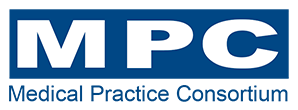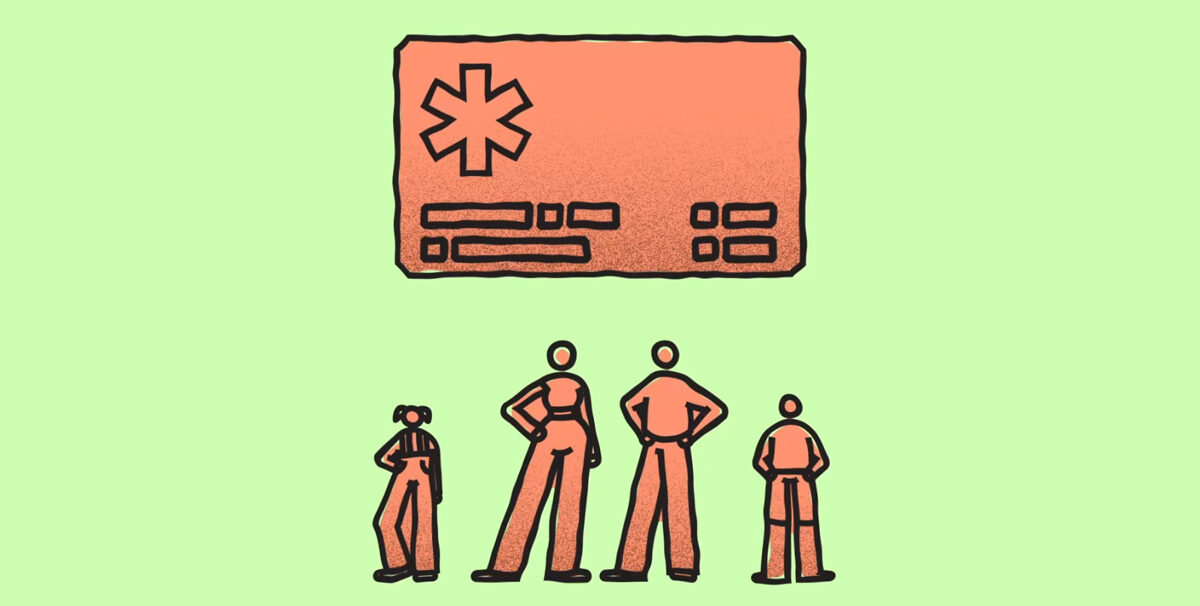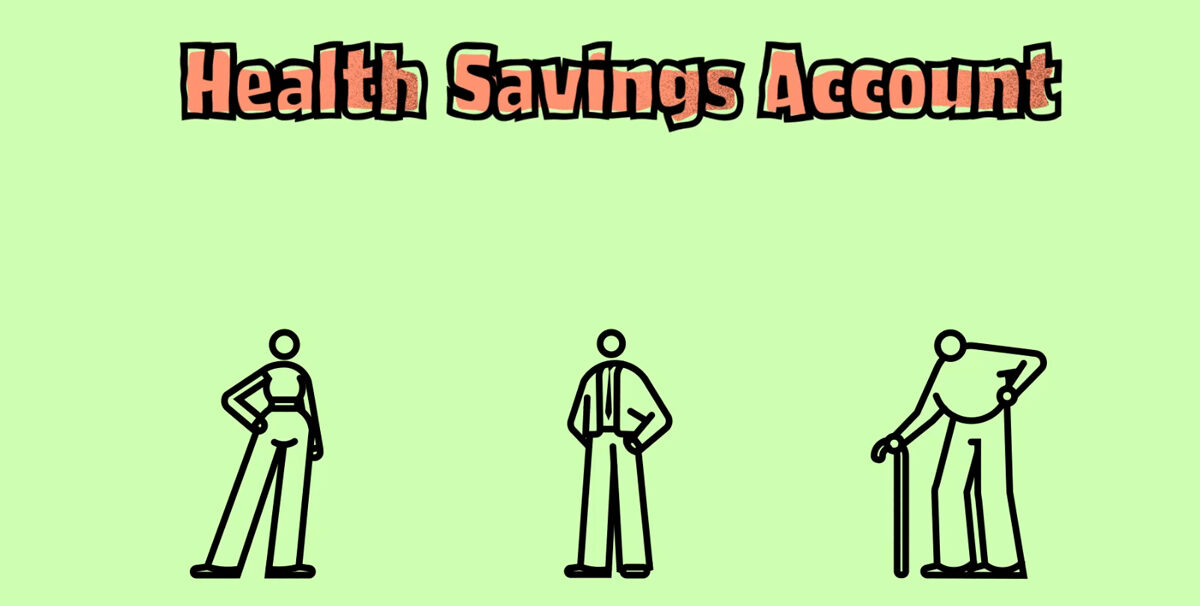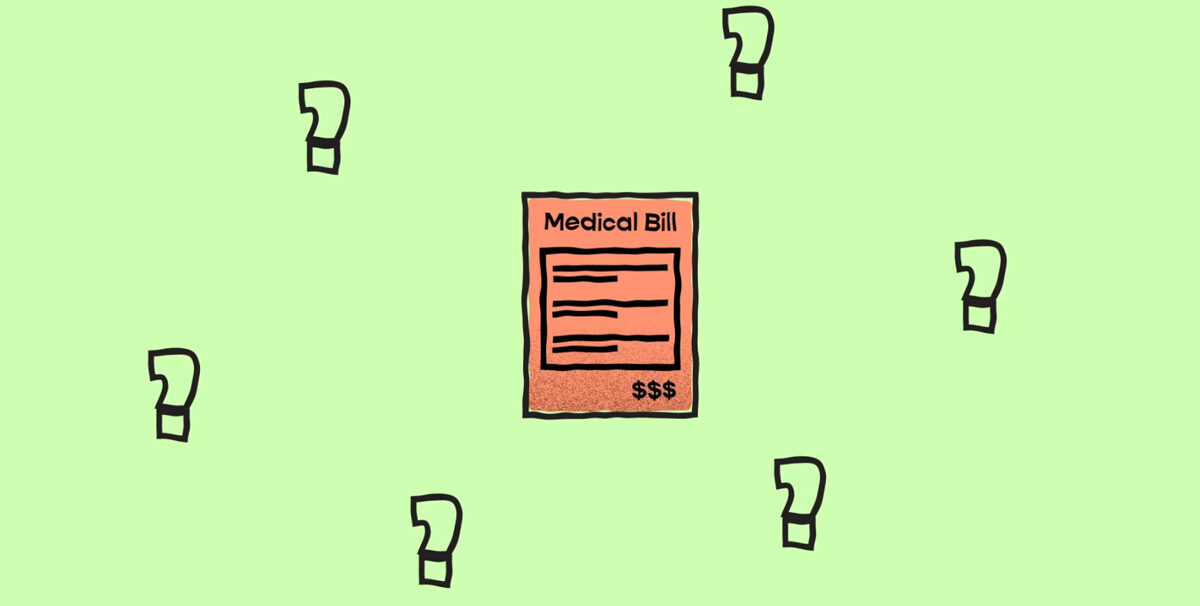Tips for Better Brain Health
A brief lapse in memory, such as misplacing your wallet or forgetting a birthday, is often associated with being overly busy or having an excessive amount of stress. In fact, memory loss is a common part of aging. What can be problematic is when the episodes of forgetfulness increase and intensify into a more severe problem, such as mild cognitive impairment or even Alzheimer’s disease. This is why taking care of your brain health is essential. There are small daily efforts you can make to slow memory decline.
Exercise Daily – According to the Mayo Clinic, regular physical activity helps maintain mental function by boosting blood flow to the brain and supporting natural aging processes. Just 30 minutes of daily exercise, like hiking, tennis, or biking, can enhance brain health.
Eat a Balanced Diet – A balanced diet supports both physical and cognitive health. Include foods rich in monounsaturated fats, polyunsaturated fats, and omega-3s, like salmon, nuts, and avocados, while avoiding trans and saturated fats found in processed foods and fatty meats.
Get a Good Night’s Sleep – Adequate sleep, seven to eight hours per night, is crucial for brain health and memory. It allows the brain to detoxify and relax. Poor sleep can harm brain function, so consult a doctor if you’re struggling with sleep issues.
Participate in Social Activities – Regular social interactions can reduce memory loss, especially if you live alone or work remotely. Connect with family and friends and consider joining a local hobby or class to boost social engagement.
Activate Your Brain – Mental stimulation improves brain function. Engage in activities like reading, brain games, painting, and puzzles. For guidance on brain-stimulating exercises, consult your doctor.
Receive Regular Check-ups – Regular check-ups are essential for brain health, as they monitor artery and vein health. Your doctor can assess blood pressure, blood sugar, and cholesterol, and provide care if any numbers are out of a healthy range.
Brain health significantly impacts your memory and cognitive function. Practicing these six habits can positively impact your brain’s health. If you have further questions about how to better the health of your brain, reach out to your doctor for more information.
Alzheimer’s Disease
Alzheimer’s is a disease of the brain gradually destroying the ability to remember, reason, imagine and learn. The condition progresses over time.There are 100 billion nerve cells in the brain. Each of these cells joins with others to form “communication networks.” Alzheimer’s disease prevents some of these cells from operating correctly, although scientists are unsure why. As the damage spreads, the cells cannot function and eventually die.
During normal aging, most people’s brains develop plaques (deposits of a protein fragment) and tangles (fibers of another protein). It has been discovered during autopsy that people suffering from Alzheimer’s have significantly more plaques and tangles. Scientists believe this may play a role in blocking nerve cell communication.
Risk Factors:
- Increasing Age
- Serious Head Injury
- Family History
- Being of African-American or Latinx Descent
Warning Signs:
- Memory loss that disrupts daily life
- Challenges in solving problems
- Difficulty completing familiar tasks
- Confusion with time or place
- Trouble understanding visual images or spatial relationships
- Trouble speaking or writing
- Misplacing things
- Decreased or poor judgement
- Withdrawal from work or social activities
- Changes in mood or personality
If you notice one or more signs in yourself or another person, it can be difficult to know what to do. It’s natural to feel uncertain or nervous about discussing these changes with others. Voicing worries about your own health might make them seem more “real.” Or you may fear upsetting someone by sharing observations about changes in his or her abilities or behavior. However, these are significant health concerns that should be evaluated by a doctor, and it’s important to take action to figure out what’s going on.
Many Americans Remain Unfamiliar With 988
The 988 Suicide and Crisis Lifeline (988 Lifeline) was launched nationwide in July 2022. The three-digit dialing code replaced the original 1-800 number to make it easier to remember and access. Like dialing 911 for medical emergencies, people in emotional distress or suicidal crisis can call or text 988 to connect with counselors who will listen, provide support and connect them to resources.
Since 988 Lifeline’s launch two years ago, counselors have answered over 10 million calls, texts and chats. Despite the volume, a new poll by the National Alliance on Mental Illness revealed that most Americans remain unfamiliar with 988. Two-thirds (67%) of Americans said they are aware of 988, meaning they’ve at least heard of it, but only one-quarter (23%) are at least somewhat familiar with 988. Additionally, nearly half of Americans (45%) say they wouldn’t feel safe calling 911 for help if their loved one was having a mental health crisis, emphasizing the importance of having a separate dialing code specific for mental health concerns.
The easy-to -remember dialing code provides immediate and accessible care to anyone experiencing mental health-related distress, including thoughts of suicide, mental health and substance use crises, and other emotional struggles. An online chat is also available. 988 Lifeline voice, text and chat options are offered in English and Spanish.
High-Fat Diet May Increase Anxiety
When feeling stressed, you may instinctively reach for junk food, which is often high in fat. However, a new study at the University of Colorado Boulder revealed that consuming high-fat foods might actually worsen anxiety symptoms. Researchers believe this is happening due to the connection between gut bacteria and brain chemicals that regulate anxiety levels. Experts recommend supporting the gut microbiome and signaling pathways through healthy eating and reducing high-fat and overly processed food intake. Consider incorporating the following foods into your daily diet:
- Foods with omega-3 fatty acids: fatty fish, flaxseeds, chia seeds, walnuts and avocado
- Foods rich in fiber: beans, lentils, sweet potato and whole grains
- Fermented foods: kimchi, miso, tempeh, kombucha, kefir and yogurt
- Prebiotic foods: garlic, onions, asparagus, bananas and oats
- Dark leafy greens: spinach, kale, arugula, Swiss chard and collard greens
- Berries: raspberries, strawberries and blueberries





